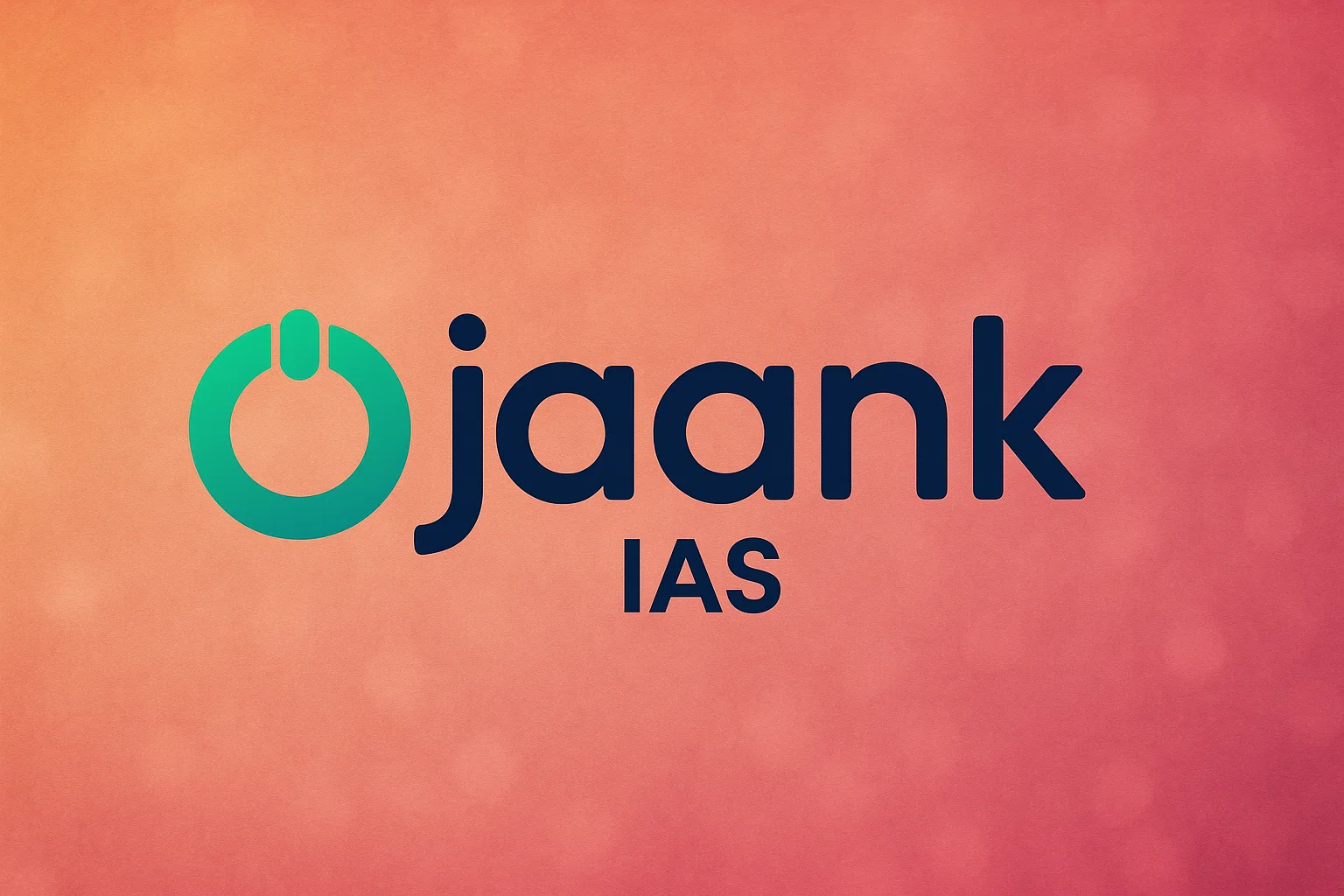Akhilesh Yadav's 'PDA' Strategy: Unveiling the Challenges of Political Alliances

Deciphering the Political Arena | Akhilesh Yadav's Overture of 'PDA': The Complexities of Fostering New Alliances Beyond Mere Public Gestures of Affection
Within the Samajwadi Party's (SP) corridors, discontent brews, punctuated by Swami Prasad Maurya's departure, coalition tensions, and the selection of candidates, all exerting pressure on the SP's endeavor to broaden its electoral appeal beyond its traditional Muslim and Yadav supporters to encompass other Other Backward Classes (OBC) and Dalit demographics.
In anticipation of the forthcoming Lok Sabha elections, the SP, in collaboration with the INDIA alliance, has introduced a 'PDA' strategy aimed at solidifying and widening its electoral stronghold in Uttar Pradesh. Nonetheless, this initiative faced setbacks as numerous senior figures openly criticized the leadership, alleging a divergence between the party's declarations and its actions, particularly regarding the 'PDA' communities. On a notable Tuesday, esteemed OBC figure Swami Prasad Maurya renounced his association with the SP.
The challenge for the SP lies in selecting candidates and formulating outreach efforts that resonate with the 'PDA' ethos while also satisfying the demands of its allies:
The Essence of 'PDA'
In June 2017, SP leader Akhilesh Yadav coined the 'PDA' acronym, symbolizing the 'Picchde (backward classes), Dalits, and Alpsankhyak (minorities)' communities. Concerns voiced by upper-caste SP affiliates regarding potential exclusivity led to an expansion of the 'PDA' scope by Akhilesh prior to the October 2022 Assembly elections, incorporating "agde (forward)", "Adivasi (Scheduled Tribes)", and "aadhi aabadi (women)", thereby embracing a cross-section of communities.
According to the Hukum Singh committee established in 2001 by then-Chief Minister Rajnath Singh, OBCs constitute 43.1% of Uttar Pradesh's demographic. The minority populace includes Muslims, Christians, Sikhs, Buddhists, and Jains, with Muslims representing the most substantial segment at 19%, based on the 2011 Census, while Dalits account for 23%.
Thus, the 'PDA' targeted by the SP theoretically covers an impressive 85% of the state's populace, with Akhilesh Yadav asserting that this coalition could outmaneuver the BJP-led NDA in the upcoming Lok Sabha elections. Despite this, the SP's stronghold remains with Muslims and Yadavs, facing challenges in attracting non-Yadav OBCs, whereas Dalits have historically leaned towards the BSP and now, increasingly, the BJP.
Strategies for 'PDA' Consolidation
The SP has branded all its voter engagement efforts with the 'PDA' moniker. For instance, the party's Samajwadi Lohia Vahini faction undertook a 6,000-km "PDA Yatra" across 29 districts of Uttar Pradesh from August 9 to November 22 (coinciding with party patriarch Mulayam Singh Yadav's birth anniversary) in the previous year. "We engaged with 'PDA' communities, debunking the BJP's unfulfilled pledges and elucidating the SP's vision for their upliftment," stated Abhishek Yadav, the national president of the Samajwadi Lohia Vahini. The journey also championed a caste census.
Moreover, the SP has orchestrated PDA-associated fortnights, gatherings, and public assemblies, aiming for similar goals. These initiatives typically involve the party's minority, Scheduled Caste (SC), and OBC wings, with participation from senior leaders, including Members of Parliament.
Internal Dissension Over 'PDA'
Prior to his announcement of leaving the party on Tuesday, Swami Prasad Maurya resigned from his role as SP national general secretary. The distinguished OBC leader, formerly an ally of BSP leader Mayawati, lambasted the SP for "discrimination" and accused Akhilesh of overlooking the 'PDA' communities. Amidst the fervor surrounding the Ram Temple, Maurya's contentious remarks against the Ramcharitmanas prompted the SP to dissociate from his comments.
Maurya's departure was soon followed by the resignation of five-time SP MP Saleem Shervani from his position as national general secretary, critiquing Akhilesh for neglecting 'PDA' communities and questioning the SP's differentiation from the BJP, notably pointing out the exclusion of Muslims from the SP's Rajya Sabha nominations.
The SP's ally, Apna Dal (Kamervadi), with its Kurmi (an OBC faction) voter base, also voiced concerns over the SP's candidate list. Its leader and Sirathu MLA Pallavi Patel expressed her decision to abstain from voting in the Rajya Sabha elections, querying the absence of 'PDA' group representation among the nominees. The SP's selections included Ramji Lal Suman, a Dalit, and two upper-caste Kayastha leaders, actor-politician Jaya Bachchan and former UP chief secretary Alok Ranjan.
Despite winning the 2022 Assembly elections on an SP ticket, Patel hinted at a potential severance from the SP alliance. Nevertheless, she and other Apna Dal (K) figures later participated in the Congress's Bharat Jodo Nyay Yatra led by Rahul Gandhi in Varanasi.
'PDA' Representation in SP's Lok Sabha Candidate Lists
The SP's initial roster of 16 candidates, unveiled on January 30, featured 11 OBCs (including four Kurmis), one Muslim, and one Dalit. The subsequent list of 11 nominees, disclosed on Monday, comprised five Dalits, four OBCs, one Muslim, and one Rajput, with a third list announced on Tuesday adding five more names.
Efforts to craft a 'PDA'-amiable state executive committee for Uttar Pradesh were evident in the formation announced last August, incorporating merely four Yadavs but 27 non-Yadav OBC leaders, alongside 12 Muslims, and one Sikh and Christian each. Muslims constitute 17% of this assembly, with SCs and STs together at 14%.
Historical Context and Future Prospects
The SP has previously ascended to power in state elections by rallying non-Yadav OBCs and Muslims. In the 2022 Assembly polls, the party, through a coalition with six smaller OBC-centric parties, secured 111 seats independently at a time when the BSP and Congress were diminished to single digits. However, post-election, two allies – Suheldev Bharatiya Samaj Party (SBSP) and Rashtriya Lok Dal (RLD) – defected to the BJP camp.
This underscores the imperative for the SP to independently enlarge its support base. Party insiders suggest that even if this strategy does not yield immediate success in the Lok Sabha elections, Akhilesh Yadav is optimistic about achieving his objectives by the 2027 Assembly polls.